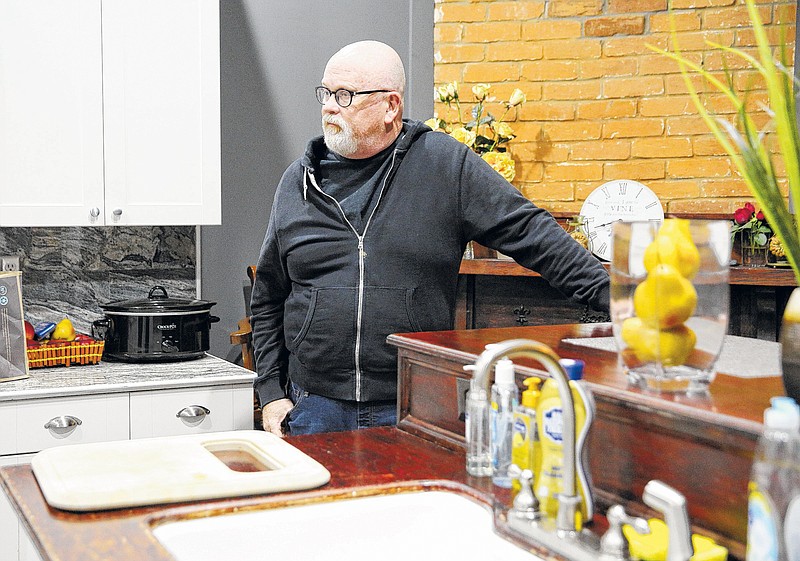The Red Bank City Commission is tabling its votes on two ordinances that would establish permitted areas and regulations for short-term rentals. The votes are now expected at the June 5 meeting.
On April 24, state lawmakers gave final approval to legislation concerning cities' regulation of short-term rentals, and Mayor John Roberts said the commission was tabling its vote to give the city attorney time to read the bill and learn how the new state law could affect the city.
One of Red Bank's proposed ordinances would have defined the city's commercial, R3 and R4 zones as permitted areas for short-term rentals, prohibiting them in other residential zones. The second would have established regulations for the operation of short-term rentals.
Since the city currently has no permitted zones or regulations in place for short-term rentals, City Attorney Arnold Stulce said all short-term rental property owners in the city are in violation of the zoning ordinance.
The state bill limits cities' ability to ban short-term house rentals, but prohibits owners from selling homes to other people or companies who could keep operating the homes for short-term rental.
It also includes a "grandfather" provision affecting towns and cities such as Red Bank where there are no regulations at all. It says when a municipality does enact rules, owners of short-term rental property, including those who don't actually live in the homes, can continue to rent if they can provide documentation of having paid at least six months of sales taxes on rentals during a 12-month period prior to enactment of rules.
The state bill does not prevent local governments from banning future non-owner-occupied short-term rentals, enforcing regulations such as insurance requirements on existing short-term rentals, or revoking the permits of owners who have continually violated local ordinances, The Tennessean reported.
The city of Chattanooga enacted short-term regulations in October 2017 which designate a special district for such rentals. Previously, short-term vacation properties within the city had to be zoned R-3 or R-4, high-density designations.
The district overlays the city core and more, running from Lookout Valley in the west to Missionary Ridge in the east. It includes a large portion of the North Shore, but cuts out Glenwood in East Chattanooga and pockets including land opposite Moccasin Bend in the west.
Inside the district, property owners must purchase short-term vacation rental permits. Owners who do not live on such properties are subject to city council approval if neighbors voice opposition, forcing a public hearing. Owner-occupied permit seekers do not have this hurdle.
"While the General Assembly's recent legislation on this topic raises more questions than it answers, we believe that it leaves intact the core of our [short-term vacation rental] ordinance, which we will continue to enforce," Chattanooga City Attorney Wade Hinton said in a statement.
Correspondent Paul Leach and staff writer Andy Sher contributed to this story.
